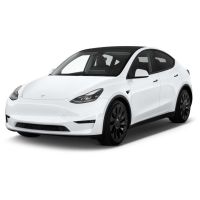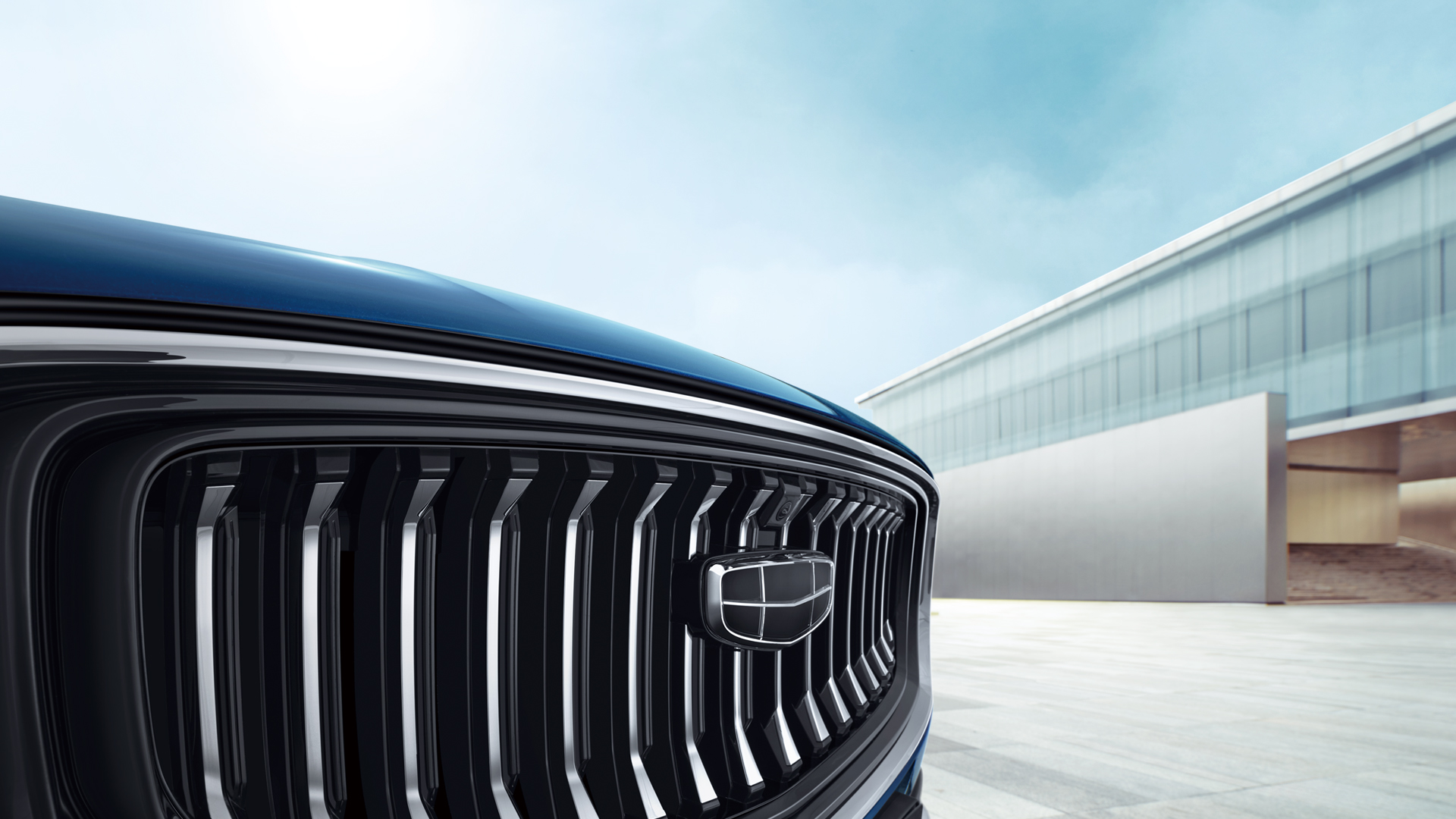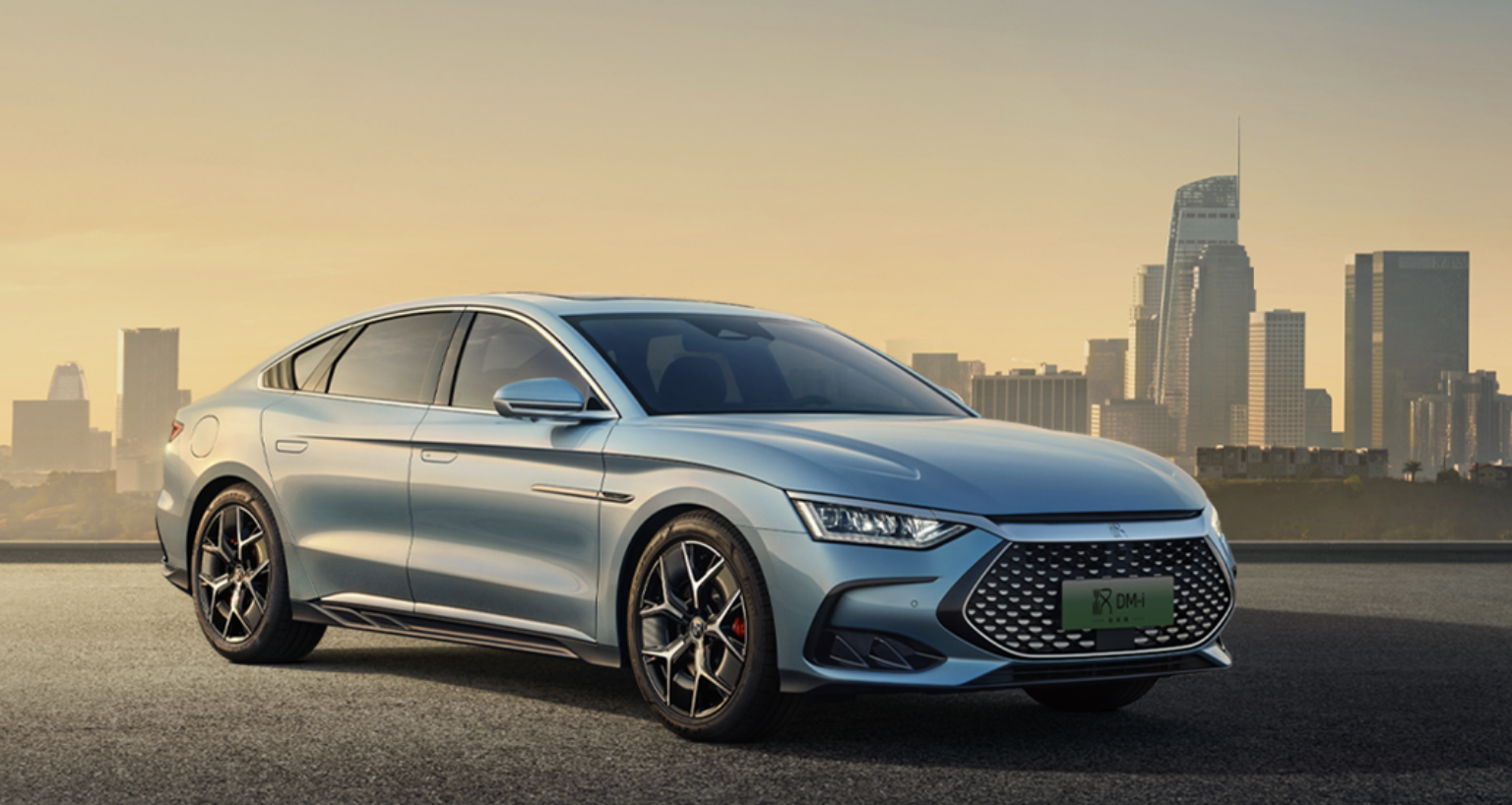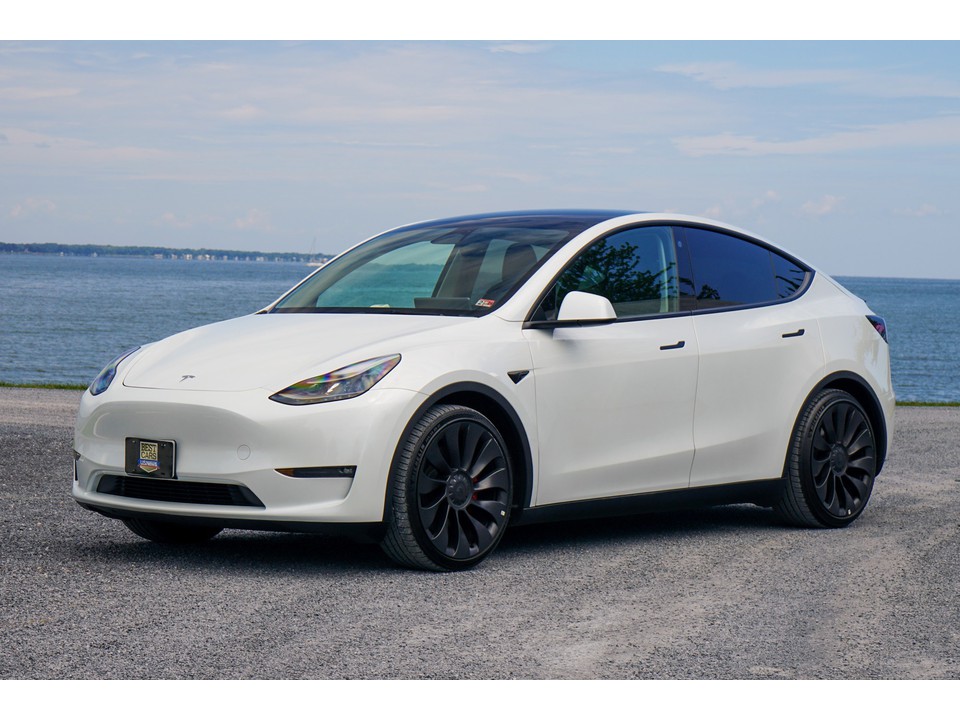The world's major car companies will invest 1.2 trillion dollars to transform new energy?
The world's major car companies will invest 1.2 trillion dollars to transform new energy?
Car companies around the world plan to develop and produce millions of electric vehicles by 2030, and these investments will add up to a cumulative $1.2 trillion. According to Reuters and other media reports, the scale of electric vehicle investment has reached a record high, more than double the amount announced last year.
According to analysis, by 2030, the production of battery electric vehicles will reach 50% of the total vehicle production. To support the unprecedented production of electric vehicles, the automotive and battery industries plan to produce 5.8TWh batteries by next year.

Tesla plans to produce 20,000,000 electric vehicles with corresponding battery capacities of up to 3TWh. Tesla did not disclose specific spending plans. However, Reuters calculated that compared with this year, it has increased by up to 13 times, reaching hundreds of billions of dollars.
Volkswagen plans to build a global electric vehicle portfolio worth $100 billion. The establishment of new battery factories in Europe and North America is a representative example.
Toyota had previously invested $70 billion in vehicle electrification and increased battery production. Therefore, at least 3,500,000 pure electric vehicles are expected to be sold. Meanwhile, up to 30 types of electric vehicles are planned for the lineup, and Lexus will convert all models to electric vehicles.
Ford plans to produce about 3,000,000 electric vehicles, equivalent to half of total shipments. A $50 billion investment is currently being prepared, and the cost of producing at least 240 GWh of batteries is increasing.
Mercedes-Benz has allocated at least $47 billion for electric vehicle development and production. About 70% of it will be used to increase production of partner companies and battery capacity.

In addition, BMW, Stlantis, General Motors (GM) and other companies also plan to invest at least $35 billion in electric vehicles and batteries, respectively. Stlantis has announced its most aggressive battery project yet, with plans to work with partner companies, including four plants in North America with a capacity of 400GW.

In the transition to new energy, China is the most determined and the fastest to respond. Because since the birth of the car for hundreds of years, China has not been the leader of the auto industry, but a follower.
The new energy era has given Chinese auto brands an opportunity to turn around, and China has become the world's second largest auto exporter after Japan.

 Russian
Russian





